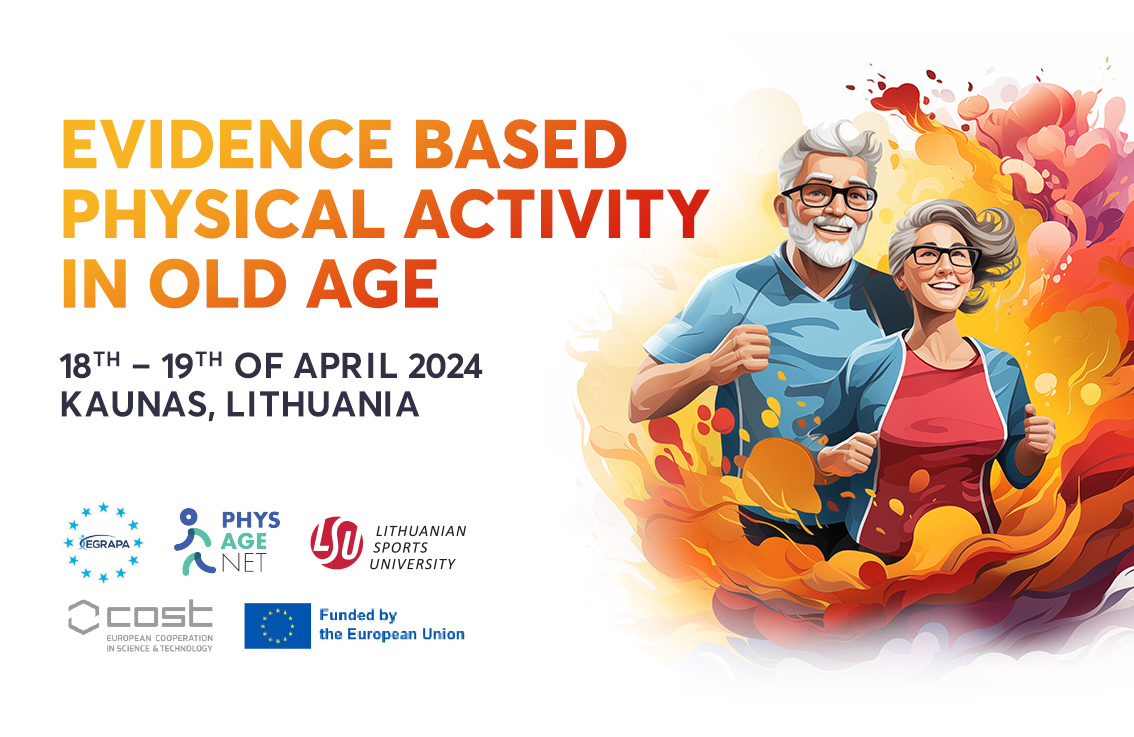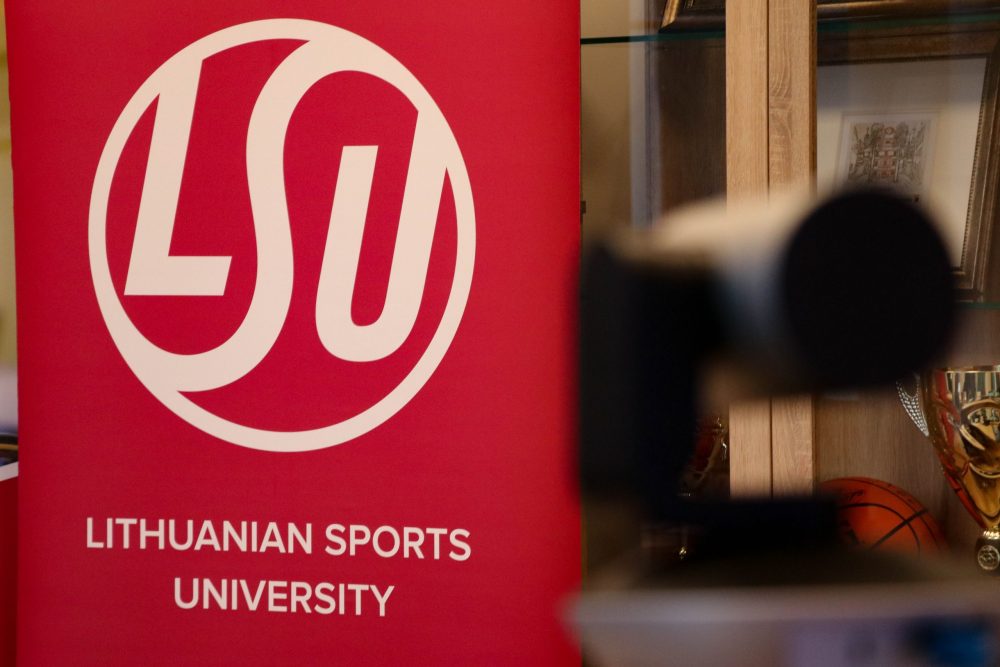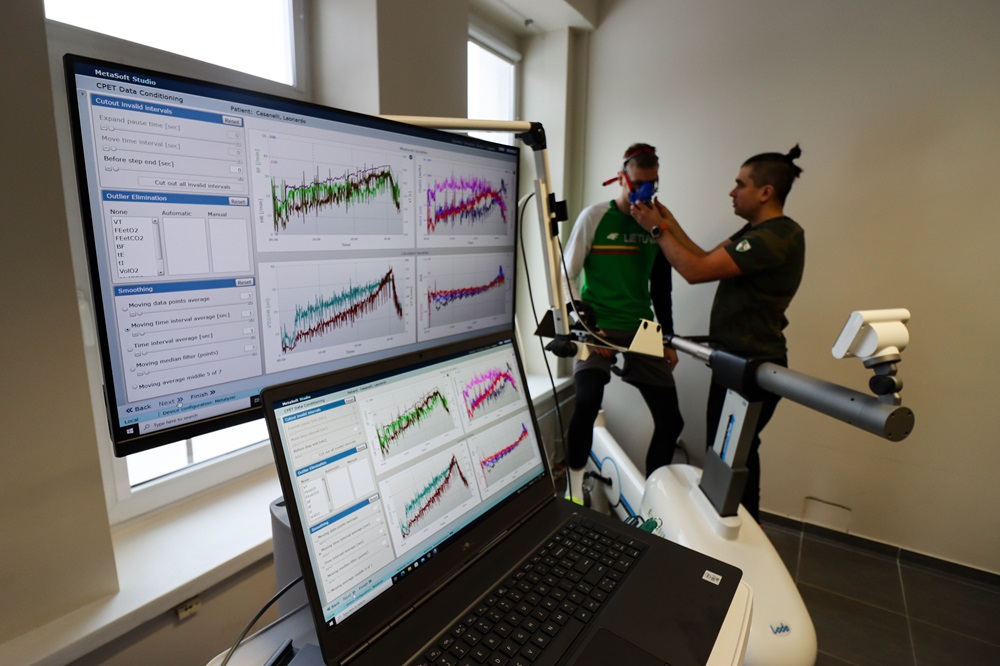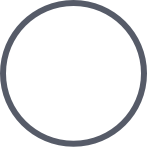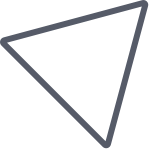Jonas Mačiulis, a long-time member of the Lithuanian men’s national basketball team, announced the end of his career last September and turned to a new direction.
The 36-year-old athlete started working as a consultant at Nevėžis-Optibet Kėdainiai and decided to expand his professional knowledge at the Lithuanian Sport University (LSU). Here he started his studies in the International Basketball Coaching and Management Master’s programme, which LSU runs in partnership with the University of Split (Croatia).
“No matter how old you are, you can always learn something,” said Mačiulis with a smile. – I’m very interested in the development of young people – how to train them, how to pay attention to their maturation, how to choose the right training load. These are the things we are trying to apply at Nevėžis-Optibet, where there are a lot of young talents.”
In the 2020-2021 season, the Athens AEK forward recorded 9.4 points, 5 rebounds and 11.6 efficiency rating. However, in June, the club announced that Mačiulis would be leaving AEK, ending his three-year stint with the Greek club.
The Lithuanian, who won two European Championship silver medals and one World Championship bronze with the Lithuanian national team, returned to his homeland in the summer and analyzed several offers from local clubs, which would have allowed him to extend his professional career of 19 years.
Nevėžis-Optibet Kėdainiai was one of the clubs hoping to see Mačiulis on the floor this season, but the player from Kaunas was interested in the opportunity to pass on his experience to the youth instead of competing.
“In Kėdainiai, I am not named as a coach, I am more of an advisor. I try to pass on my knowledge not by coaching, but by talking to the players and advising them what to do in one situation or another. I also try to explain how to “read” the game, because it is very difficult to learn it”, – said the LSU student about his role at Nevėžis-Optibet.
During his professional career, which began in 2002 with Zalgiris Kaunas second team, Mačiulis has played for 10 different clubs in Lithuania, Italy, Greece and Spain, where he has met many different coaches.
Although he said he couldn’t call himself a coach at the moment, the long-time Lithuanian national team player tried to briefly describe what a modern coach needs.
“As far as I’ve noticed, coaches who are mentally strong and find a connection with the players through conversations do better than real tacticians who try to force a result. You need to have more of the qualities of a psychologist to be able to get into the player’s head and heart, because only then can you change tactics. I think this is the most important thing,” Mačiulis emphasized.
Ramūnas Butautas, former coach of the Lithuanian national team and now the head of the Centre for Basketball Studies and Research, added to the definition of a successful coach.
“The recipe for a good coach is the same as for a good player – you have to have talent and put in a lot of work,” said Butautas, who won the European bronze medal with the national team in 2007.
According to him, LSU is the only university in the country to offer a unique international master’s degree programme in basketball, “Basketball Coaching and Management”, which is chosen by both national and international students. In this study programme, future basketball specialists not only deepen their theoretical or practical knowledge, but also increase their international profile.
“We are very excited that every year we receive a large number of applicants for this study programme, which LSU runs in partnership with the University of Split in Croatia. The number of Master’s students is constantly growing and interest is increasing. The geography is expanding every year – we have students from Serbia, Croatia, Greece, Turkey, which are definitely basketball countries. It’s great that these students believe in Lithuanian basketball and come here to learn new things.
It is also encouraging that high-caliber players who have already finished their careers want to increase their knowledge and explore basketball scientifically. I am very happy that today we have a basketball player of the level of Jonas Mačiulis in the court and in the classrooms,” said R. Butautas.



